Hospitality industry calls for Covid-style rescue package
Skyrocketing costs and decreasing consumer spend are destroying the country’s restaurant and cafe sector, with industry leaders calling for the government to step in and help before it’s too late.
QLD Business
Don't miss out on the headlines from QLD Business. Followed categories will be added to My News.
Hospitality leaders are calling for a Covid-style rescue package, as well as massive changes to the tax and legislative systems to rescue the crumbling restaurant and cafe industry.
Skyrocketing wages, rents, electricity, gas and food costs, as well as decreasing consumer spend mean margins are being decimated in an industry where profits average only 2-4 per cent.
It’s leaving operators struggling to survive with a feast of big-name closures across the country in the last few months, from Tetsuya, Billy Kwong and Lucky Kwong in Sydney, to La Luna Bistro and Gingerboy in Melbourne and, just this week, Brisbane’s hugely popular BCN Events Group, behind venues including King St Bakery, Mica, Mica Express and The Kneadery, which was forced into liquidation.
The problem is so dire, Australian credit reporting firm Creditor Watch predicts one in every 13 Australian hospitality business will fail in the next 12 months as discretionary spending dries up.
The Australian Restaurant and Cafe Association CEO Wes Lambert said more was needed from every level of government to help hospitality businesses survive.
“Ultimately the local, state and federal governments haven’t acted on the dire situation that hospitality businesses are facing to offer support,” he said, with some venues reporting their gas, electricity and insurance bills had doubled or tripled in the past two years, while their rents continued to skyrocket.

Mr Lambert was pushing for a return of the Covid-style dine and discover programs offered in Melbourne and Sydney in 2022 and 2020, respectively, where adults were given vouchers to spend on dining and entertainment.
The vouchers were designed to revive the hospitality industries in both states, at a cost of $500m to the NSW government and $100m to the Victorian Government.
“On a state level, we certainly need to relook at payroll tax, we need to relook at outdoor dining in areas where it’s restricted and we need to look at the return of major CBD dine and discover programs,” Mr Lambert said.
“Where now that there is a stronger push to get people back into the office that local councils in the major CBDs and state governments partner, much like toll relief programs or utility relief programs, to incentivise those office workers to dine local and to keep those businesses open.”
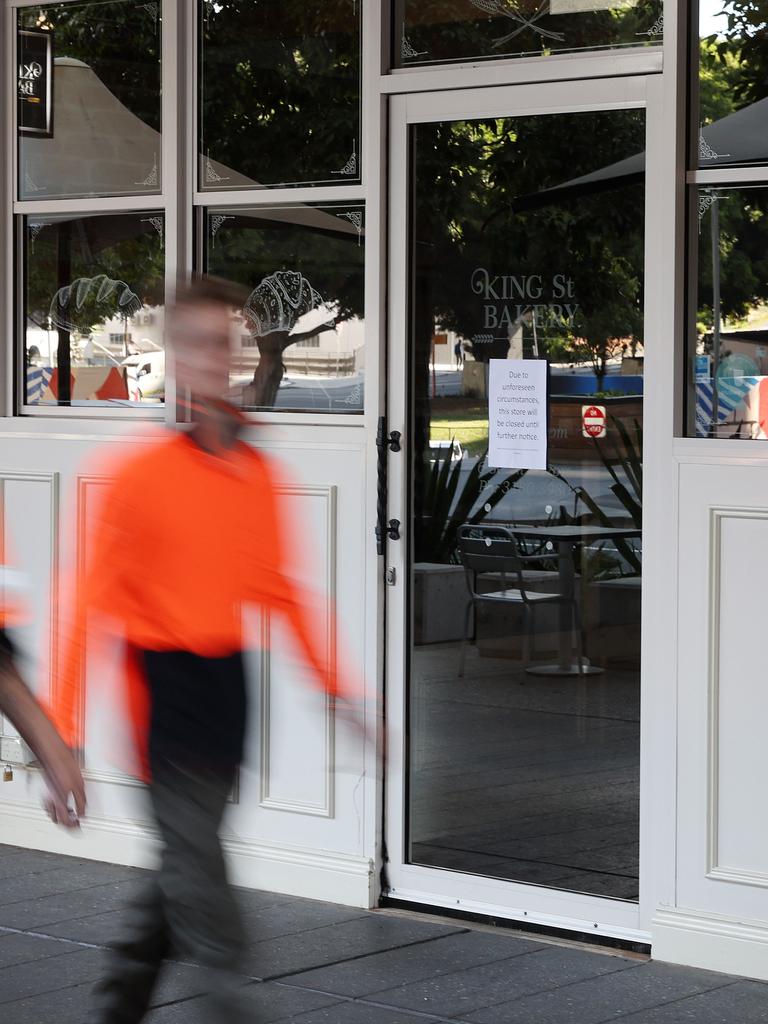
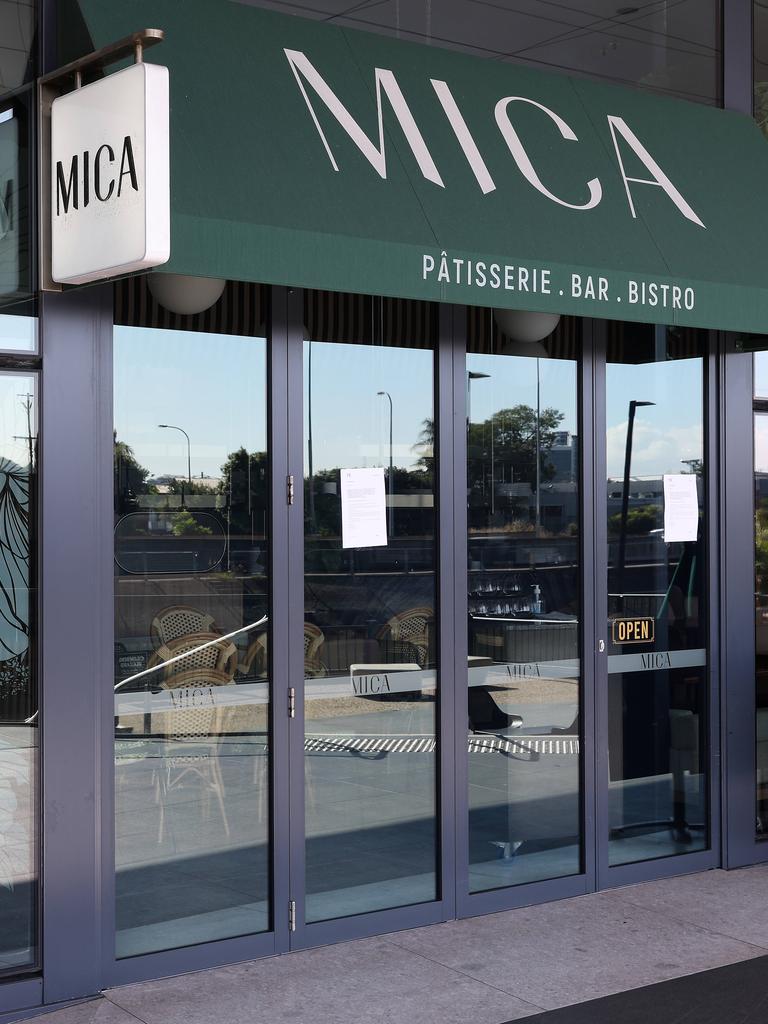
With much of the hospitality industry relying on overseas workers to fill employment gaps,
ARCA was also pushing for the federal government to make chefs and cooks part of the priority list of immigrants, and to increase the number of hours international students were allowed to work each week, with it currently capped at just 20 hours.
“Combining reductions (in the number of overseas hospitality workers) with the cap on international student hours kind of spells disaster for the hospitality industry already facing unprecedented pressure,” Mr Lambert said, with 10 per cent fewer Australians currently entering the food trade compared to pre-Covid.
ARCA would also be lobbying for changes to the GST at restaurants and cafes and for the federal government to scrap Fringe Benefits Tax, which would herald the return of the business long lunch.
“I believe the federal government collects nearly a billion dollars in Fringe Benefits Tax, so you’re looking at potentially a billion dollars that can go into the pockets of restaurateurs,” Mr Lambert said.
Dan Arnold, behind former Queensland Restaurant of the Year Restaurant Dan Arnold, as well as Pneuma and La Cache A Vin, said dropping FBT would be a major win for hospitality venues and their bottomlines as the industry struggled.
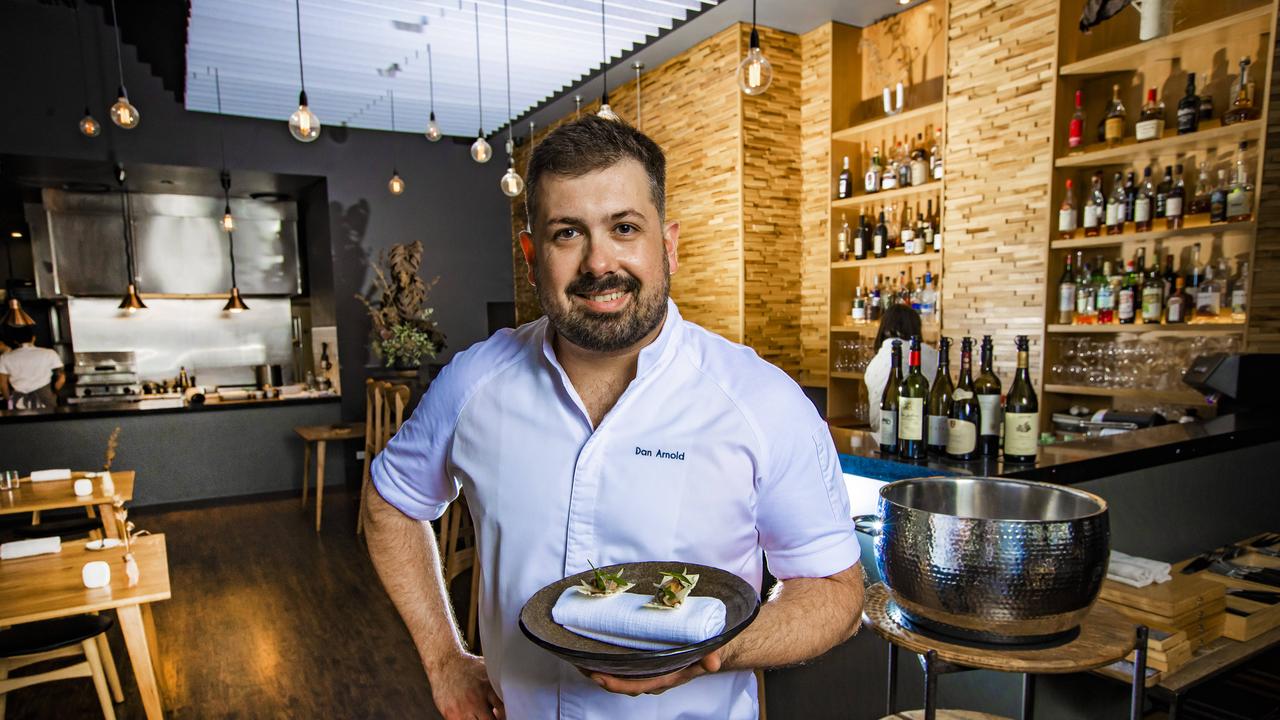
“We’re really feeling it across the board. You’ve got to be really careful about how you’re running things and be across all your costs,” he said, revealing he had to be a plumber, builder, marketer and chef at all his venues to ensure he kept his financials in check.
Restaurateur Simon Gloftis agreed that there needed to be government changes, particularly around FBT, and said, despite his restaurants Hellenika and SK Steak & Oyster being considered some of the most popular in Queensland, margins were still incredibly tight.
“Most venues are earning less than five per cent of their turnover. It’s kind of crazy,” he said.
“That means if it rains, we lose money. If two or three big tables cancel last minute, we lose money. If there’s a no-show, we lose money.”
Mr Gloftis predicted more restaurants would go broke in the face of rising costs and reduced consumer spend, and that weekend, public holiday and credit card surcharges were here to stay as restaurants could no longer afford to absorb them.
“We’re juggling between what we need to charge and what we are charging and what the guest expects for the money that they spend,” he said.
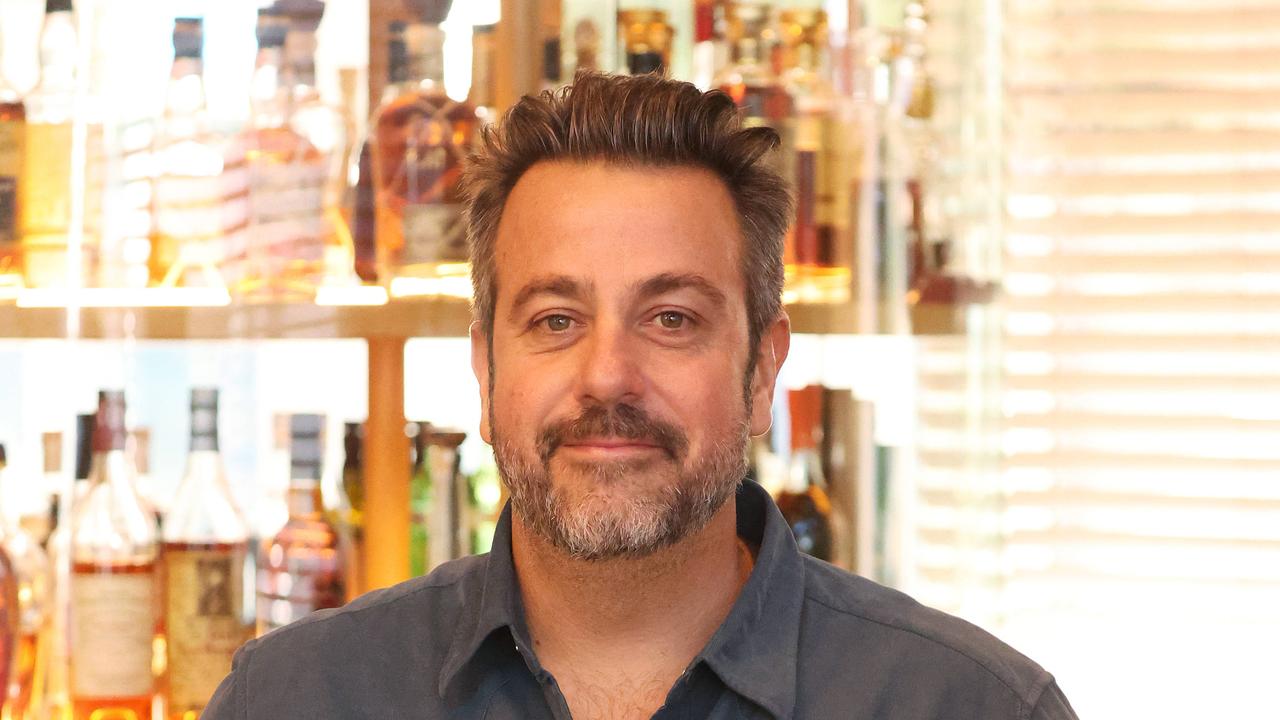
Despite the dire conditions, restaurateurs continue to open more venues, such as Jem Jacinto, who is expanding his network of Finn Poke and Two Yolks eateries, launching one of each on June 3 at South Bank.
Mr Jacinto said the two new flagships stores were about trying to keep the brand relevant and fresh in the minds of consumers as the industry struggled. But admitted that opening new venues also came with more risk these days, as operators had to spend a small fortune on fit-outs and entertainment to be “Instagram worthy”, alongside rolling out top-notch food and service.
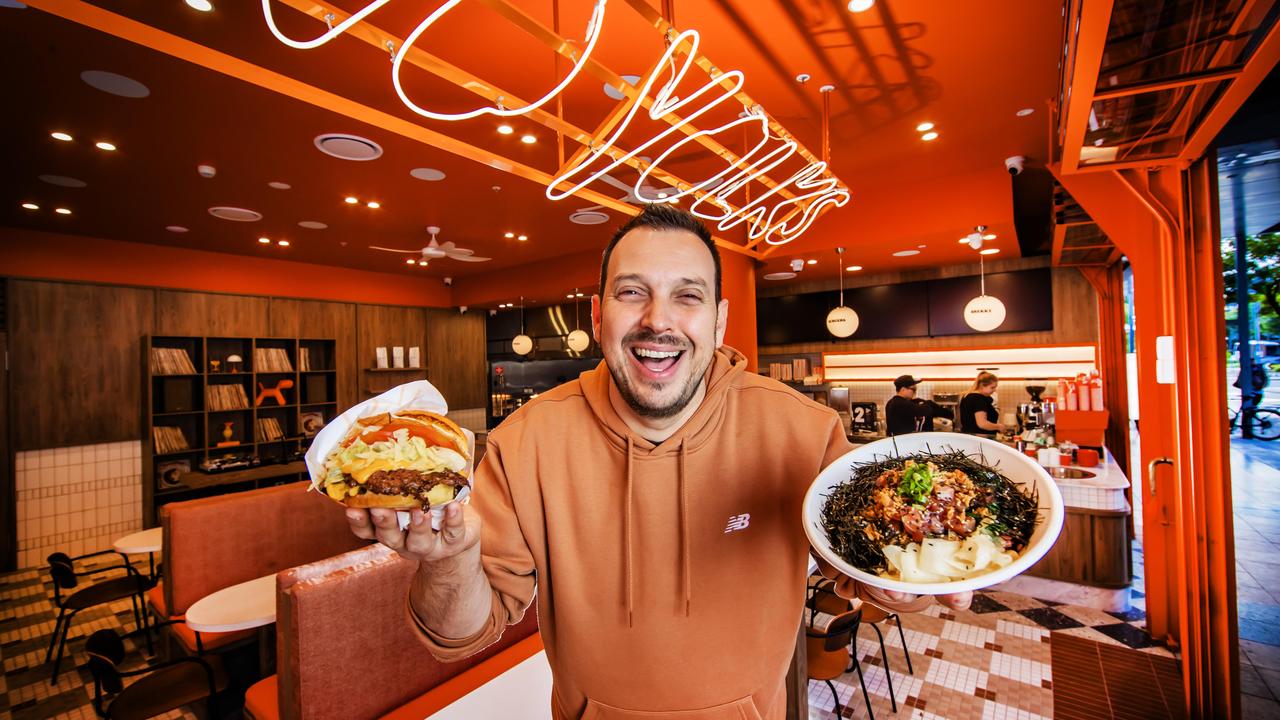
“You’ve got to wow people now,” he said.
“It just means that it is more costly to do business nowadays and that’s operationally and investment wise, it’s through the whole spectrum.”





